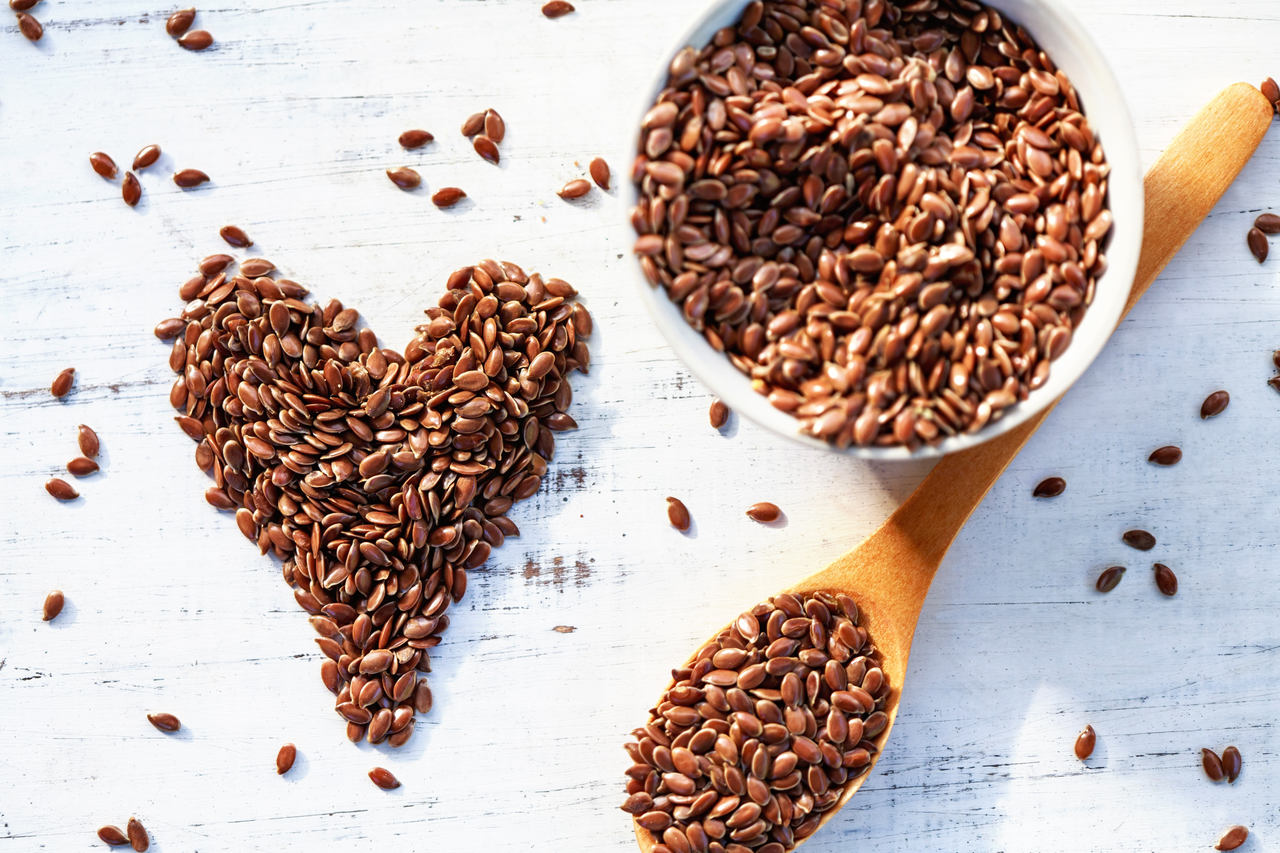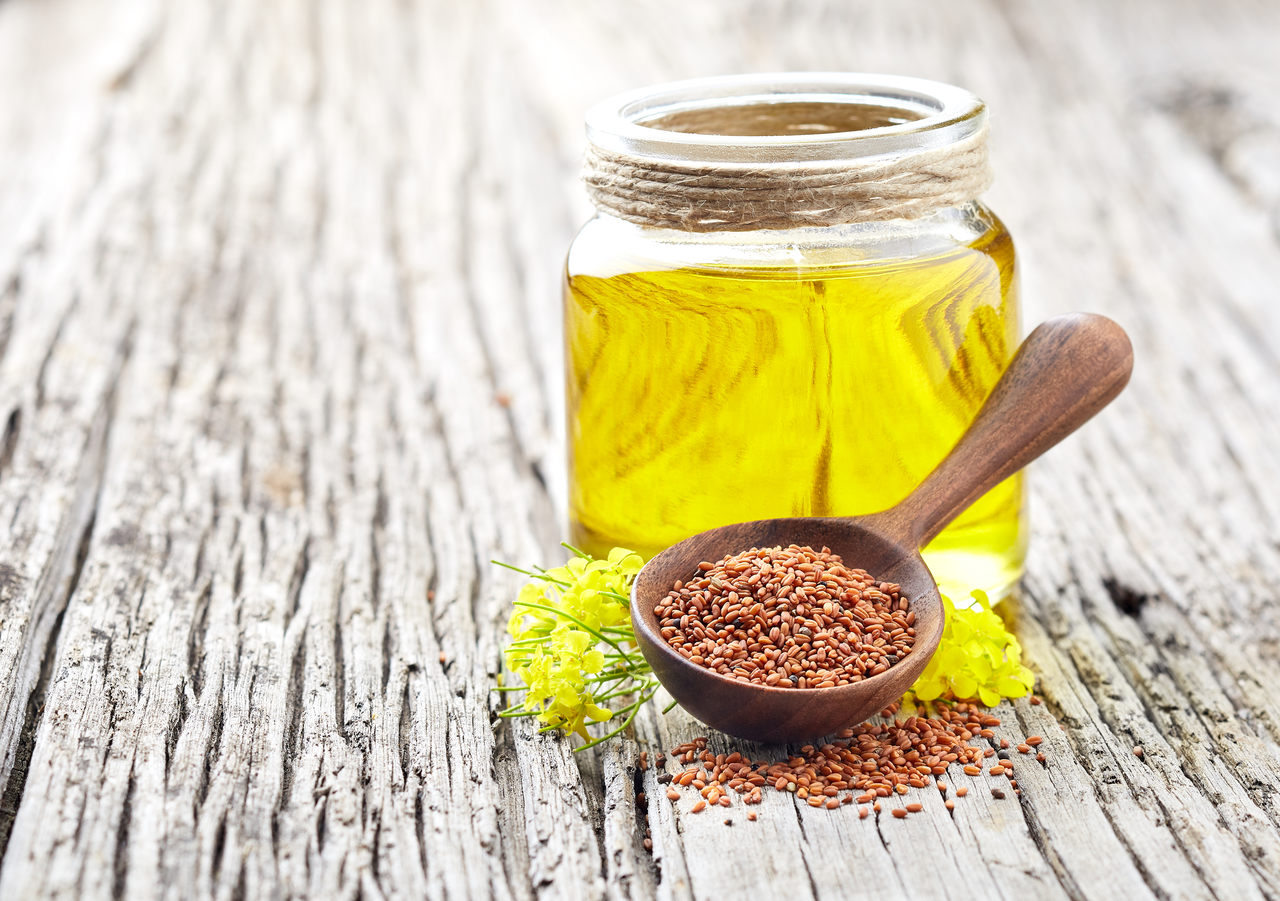Superfood
 Superfoods have been ruling the kitchen for a few years now. They are associated with healthy eating, modernity, taking care of oneself, which is why they attract and tempt restaurant guests. The term itself was coined in 1998 and belongs to the marketing language. "Superfoods" for many seem to be a way to health and eternal youth, which is eagerly taken advantage of by its producers and exporters, as well as the PR specialists they employ. Meanwhile, superfoods are nothing new, including in Polish culinary culture. Our parents' and grandmothers' generation may not know what the term means, but they would certainly be able to name a few extremely healthy products that are worth eating regularly for health and beauty.
Superfoods have been ruling the kitchen for a few years now. They are associated with healthy eating, modernity, taking care of oneself, which is why they attract and tempt restaurant guests. The term itself was coined in 1998 and belongs to the marketing language. "Superfoods" for many seem to be a way to health and eternal youth, which is eagerly taken advantage of by its producers and exporters, as well as the PR specialists they employ. Meanwhile, superfoods are nothing new, including in Polish culinary culture. Our parents' and grandmothers' generation may not know what the term means, but they would certainly be able to name a few extremely healthy products that are worth eating regularly for health and beauty.
If we want to offer guests super foods, we don't have to limit ourselves to avocados, goji berries, spirulina or chia seeds. In addition to their high nutritional value, they have their downsides, including a high price, which makes the product associated with prestige and is heavily advertised to attract consumers. Sometimes, as in the case of avocados, the cultivation of superfoods negatively affects the environment - in Mexico, where a large part of the avocados coming to Poland come from, this plant has better access to water than the people living in the area! On top of this, the extraordinary properties of many such "miracle" products significantly diminish in the process of processing or transportation. Most often, they come from the far corners of the globe, yet natural and healthy foods can be found in almost every latitude. Below we list some local alternatives that are worth incorporating into your menu.
Sea buckthorn
Polish superfoods, known even to our grandmothers' generation, include sea buckthorn. This decorative shrub covered with yellow fruits can be found even in parks and allotments, although it grows naturally mainly on the Baltic coast. Full of vitamin C and antioxidants, it has anti-inflammatory, antipyretic, antibacterial and blood vessel sealing properties, and is also excellent for hair and skin. In the kitchen, it will prove useful as an accompaniment to meats or as an ingredient in desserts and liqueurs.
Silage
Cabbage and cucumbers, but also beets, turnips, carrots - pickled vegetables are a treasure trove of natural probiotics, vitamins and antioxidants. They can be used in salads, appetizers and as side dishes, but also when planning a seasonal drink menu - a health-promoting shot of homemade beet sourdough will surely be appreciated by lovers of natural immune care. Pickle juices are also a great addition to vinaigrette or soups, among others - as an acidic element, they can fulfill the role of vinegar or lemon juice.
Flaxseed
Small and inconspicuous grains with extraordinary potential - they are full of fiber, omega-3 fatty acids, vitamins, amino acids, as well as lignans, which have anti-cancer effects. They can be successfully used instead of chia seeds, which are ten times more expensive - in salads, desserts and breakfast dishes. Flaxseed oil will be a great addition to dressings and to enhance the flavor of hot dishes before serving.
Cranberries
These tart red fruits, both fresh and dried, are full of vitamin C and antioxidants. They have anti-inflammatory and strengthening effects, regulate blood sugar levels and help avoid infections. Cranberries can successfully replace trendy goji berries!
Buckwheat
The queen of groats - full of vitamins and protein, gluten-free, easy to digest, recommended for allergy sufferers. It is loved by vegans, because it complements meatless pates, and blended it is useful for cheesecakes, puddings and custards. It's also great in salads, vegetable chops, casseroles and breakfast dishes - oatmeal and granola. At the same time, it is several times cheaper than the popular quinoa.
There are many more such local products that could get the honorable title of superfoods - these also include berries, elderberries, chokeberries, oatmeal, walnuts or bee pollen. When offering guests an alternative version of superfoods, it is worth taking care of the educational value. A brief mention in the menu about the properties of individual ingredients will certainly help convince the undecided that you don't need ingredients from the end of the world to eat healthily and take care of yourself.



